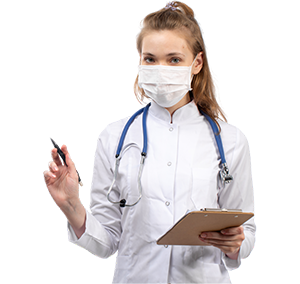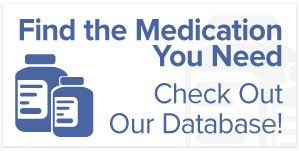Even as it becomes the most widespread mental condition worldwide, depression continues to be heavily misunderstood.
Depressive disorders are among the most commonly diagnosed and talked about mental disorders in the US. Despite that, many people don’t have a thorough understanding of depression symptoms and how they manifest in different patients. An alarming number of people aren’t aware of the different types of depression, either, making it easy for them to overlook telltale signs of this mental condition. Despite medical professionals and medication assistance providers helping patients, depression remains a silent killer.
Improve your knowledge of depression by learning about the most common depression symptoms below.
1. Persistent Feelings of Sadness
One of the primary indicators of depression is experiencing persistent feelings of sadness or emptiness. People who struggle with this condition report experiencing overwhelmingly negative emotions throughout their daily lives. This emotional state may seem unexplainable, lasting for weeks or even months. People who experience persistent sadness often struggle to find joy or pleasure in activities they once enjoyed.
2. Loss of Interest or Motivation
Mental disorders affect patients’ lives in many different ways. As such, depression can strip away motivation and enthusiasm for life in those struggling with it. People battling depression may lose interest in hobbies, work, or social interactions, finding it increasingly challenging to engage with the world around them. They also often struggle to complete basic tasks or daily chores due to a lack of energy and motivation.
3. Changes in Sleep Patterns
Sleep disturbances are common in depression, appearing in a large percentage of patients. Some people who struggle with depressive disorders may experience sleep problems like insomnia, hypersomnia, and disturbed sleep. They often find it difficult to fall asleep or stay asleep and commonly deal with nightmares. Others may oversleep and still wake up feeling fatigued due to their depression symptoms.
4. Appetite and Weight Changes
Depression can affect appetite, leading to significant weight loss or weight gain. Emotional and disordered eating patterns are common depression symptoms, indicating the patient is using food as a coping mechanism. Many people with depression struggle to consume fulfilling diets, leading to malnutrition and significant weight loss.
5. Fatigue and Lack of Energy
People with depression often report feeling constantly fatigued, even after minimal physical or mental exertion. This persistent lack of energy can interfere with daily functioning, rendering you unable to do basic tasks. Constant fatigue and lack of energy in people struggling with depression are often misconstrued as laziness. Instead, they are simply a representation of the patient’s frazzled and exhausted state of mind.
If you or someone you know is experiencing any depression symptoms, please seek professional help.
Obtain Free Prescription Assistance for Medication Now
Everyone deserves instant and affordable access to medication. The Rx Helper understands this and makes the process of obtaining medication easier than ever!
As a trusted patient prescription assistance company, we acquire various medications and make them available for patients at low costs. Many of our Patient Assistance Programs let patients qualify for their required medications for free every month. You can explore the range of medications we can acquire for you on our website.



